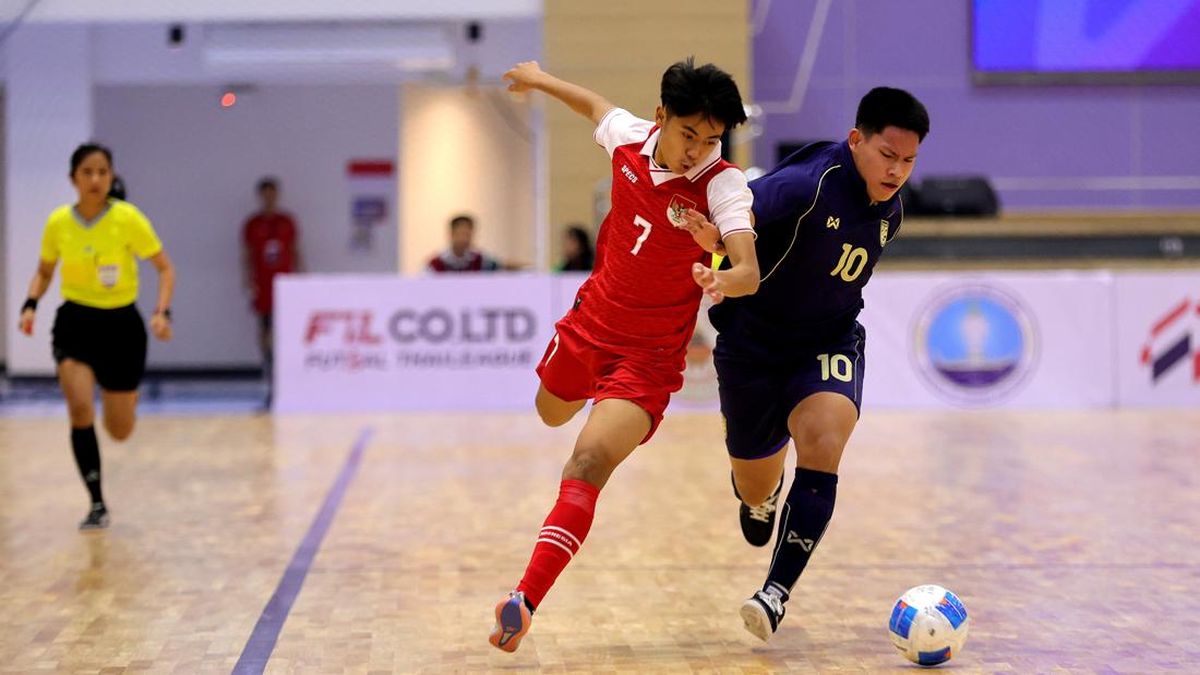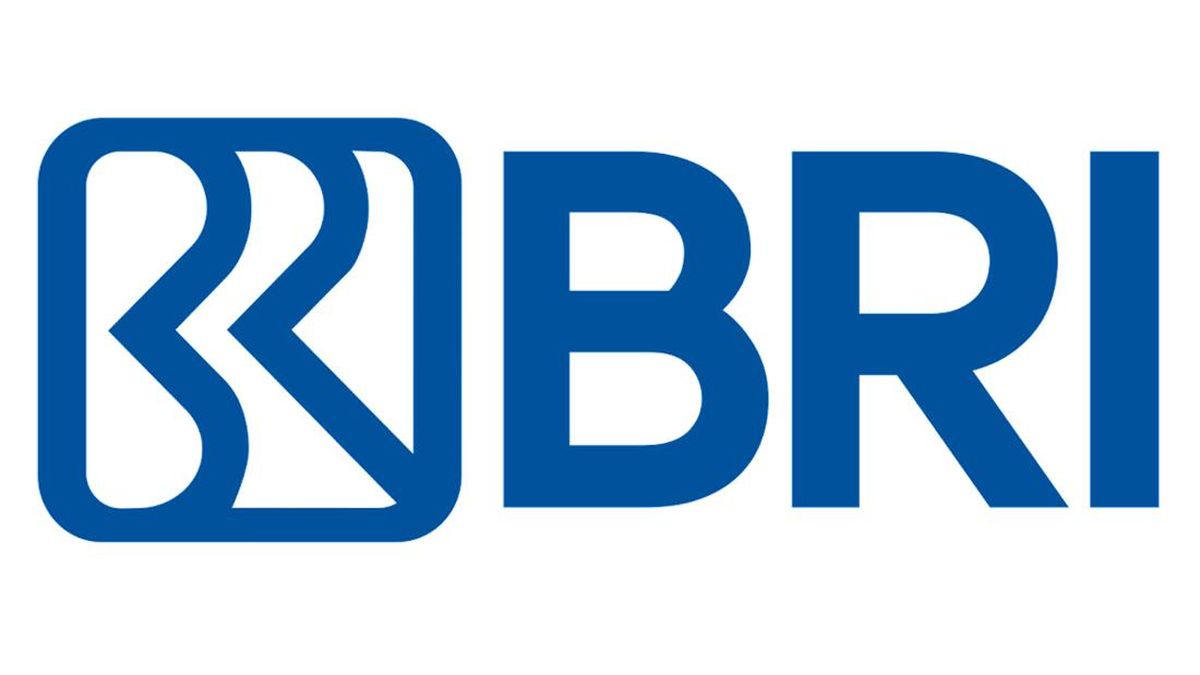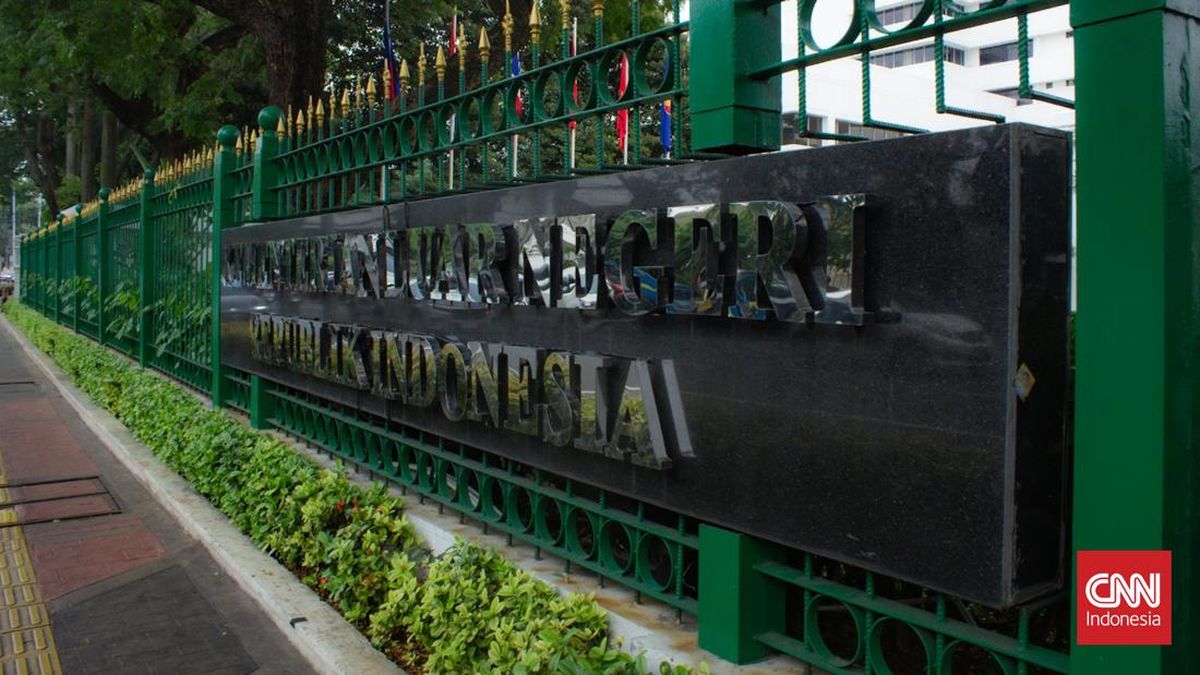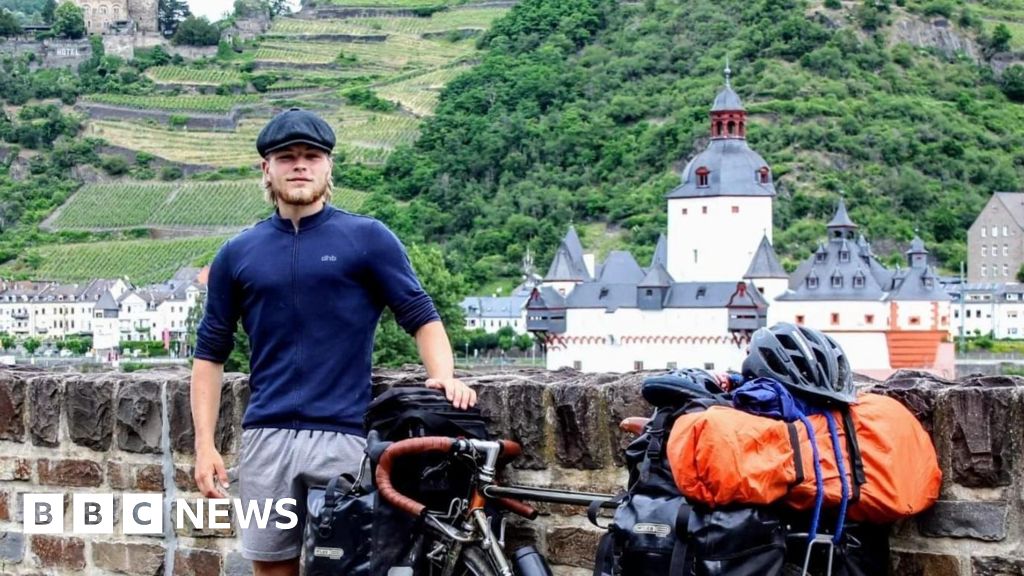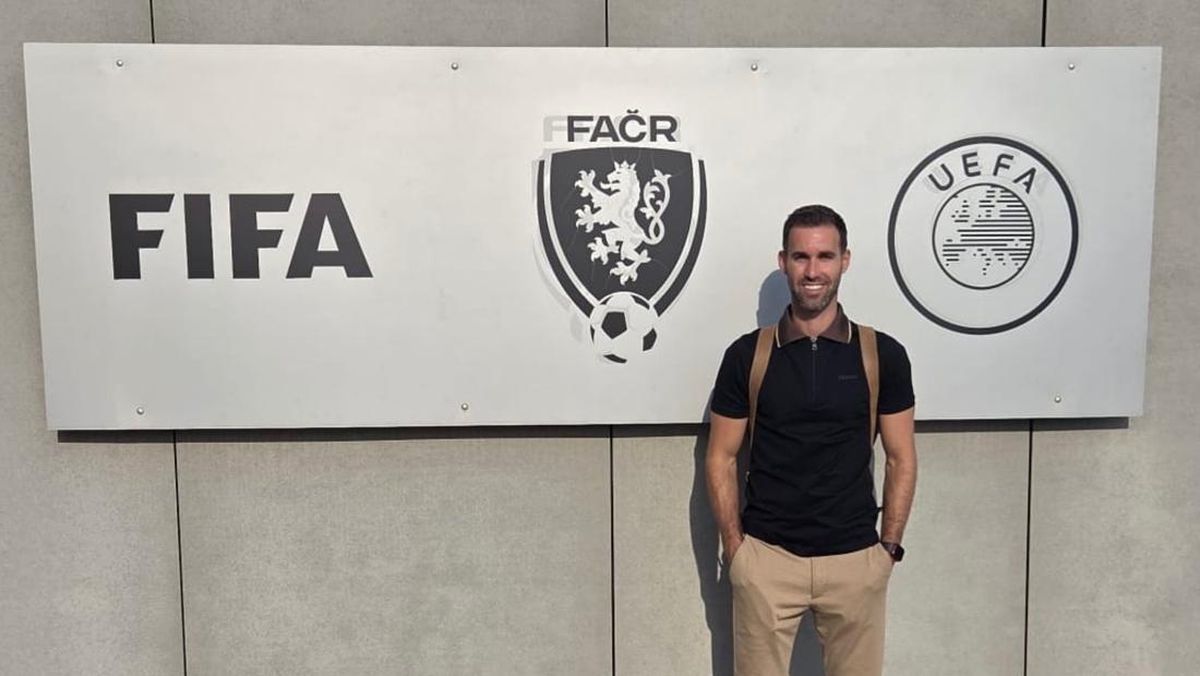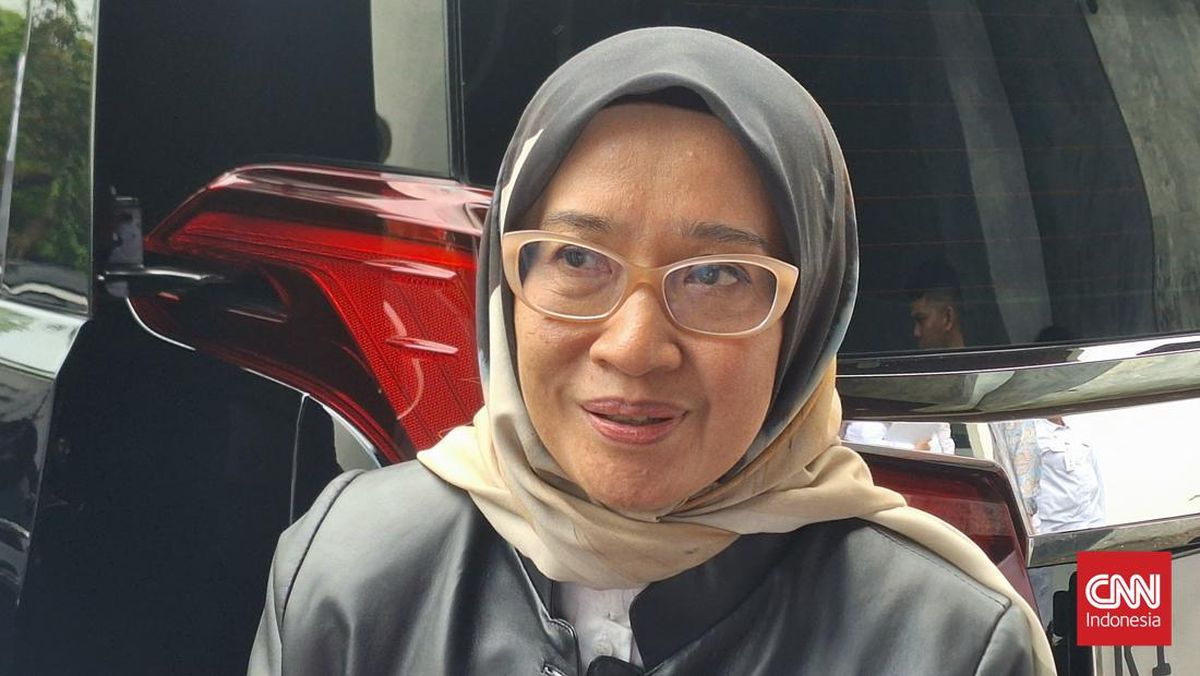‘Given the easy way out’: Daughter and victim of sex offender granted assisted dying speaks out
Her day started like any other. Young mother and yoga instructor Neveah Jett was at home with her son when a friend sent her a link to an article revealing that Jett’s father and abuser, convicted sex offender Daniel Hume, had died after being granted assisted dying rights while serving out his prison sentence.
Hume died in hospital last week after lodging a successful application to the state’s voluntary assisted dying scheme in a first-of-its-kind case for NSW. He had been diagnosed with terminal cancer after serving seven years of his 30-year sentence for various sex crimes.
Jett took to TikTok after receiving the news on Monday to express her anger that she, and Hume’s other victims, had not been notified before the decision was made to approve his application.
“I and other victims feel robbed that he did not serve out his natural life in prison. He was given the easy way out, the comfortable way out,” Jett said on TikTok.
“Four years ago, I and other victims read our victim impact statements in front of him and an entire courtroom. It was the hardest thing I’ll ever have to do, and I will have to live my entire life dealing with the effects of his abuse.”
Hume had applied to gain access to the scheme through Justice Health. It was then approved by the independent Voluntary Assisted Dying Board, which comprises five legal and medical practitioners appointed by the health minister and the attorney-general.

NSW Minister for Corrections Services Anoulack Chanthivong. Credit: Steven Siewert
NSW Corrections Minister Anoulack Chanthivong and Health Minister Ryan Park have both said they were not consulted on the decision to approve Hume’s application.
Speaking to the Herald two days after the news of Hume’s death, Jett said victims of crime should have the right to be notified when the perpetrator makes an application to the VAD board.
“Victims … should have a say if a sentence is being altered, exactly the way if they were given parole or applied for parole, victims are notified about that,” the 27-year-old told this masthead.

Jett says victims of crime should be notified when a perpetrator makes an assisted dying application. Credit: Nevaeh Jett
“Realistically, he should just be left to suffer with the terminal illness that he had. Sure, have palliative care. That’s a standard human right, everybody deserves that. But to get a privilege that innocent people have been denied is preposterous.”
But Liz Jacka, a spokeswoman from Dying with Dignity NSW, said everybody had the right to the same end-of-life care.
“He was not going to be serving his full 30 years as he was terminally ill, and it is not possible for VAD to be an easy way out for other prisoners as you have to be terminally ill to qualify.”
Brett Collins, co-ordinator of the prisoners’ advocacy group Justice Action, said that victims should have no say in decisions regarding their perpetrators accessing VAD.
“The victims’ rights do not extend to adding extra pain and suffering to the offender,” he said.
“We would absolutely reject any involvement by the victim in a medical decision on voluntary assisted dying as an intervention. Otherwise, we are supporting torture, and we as a compassionate society must avoid anything that could be seen as such in this situation.”
Responding to controversy over the decision, NSW Premier Chris Minns resisted calls for change.
“I’m not proposing to change the system. These things are assessed by Justice Health,” he said.
A spokesman told this masthead that Justice Health NSW worked with relevant local health districts and Corrective Services NSW to allow eligible patients in custody to access voluntary assisted dying.
Loading
“We remain committed to providing high-quality health care, including end of life care. Like the wider community, patients under the care of Justice Health NSW must meet specific eligibility criteria to pursue voluntary assisted dying, including approval from the NSW Voluntary Assisted Dying Board,” the spokesman said.
The Community and Public Sector Union, the union responsible for prison, parole and community corrections officers, declined to comment on Hume’s case.
According to data published in November, in the seven months after voluntary assisted dying became legal in NSW, 1141 people applied to use it and 398 people died after being deemed eligible to take a lethal substance.
Most Viewed in National
Loading



